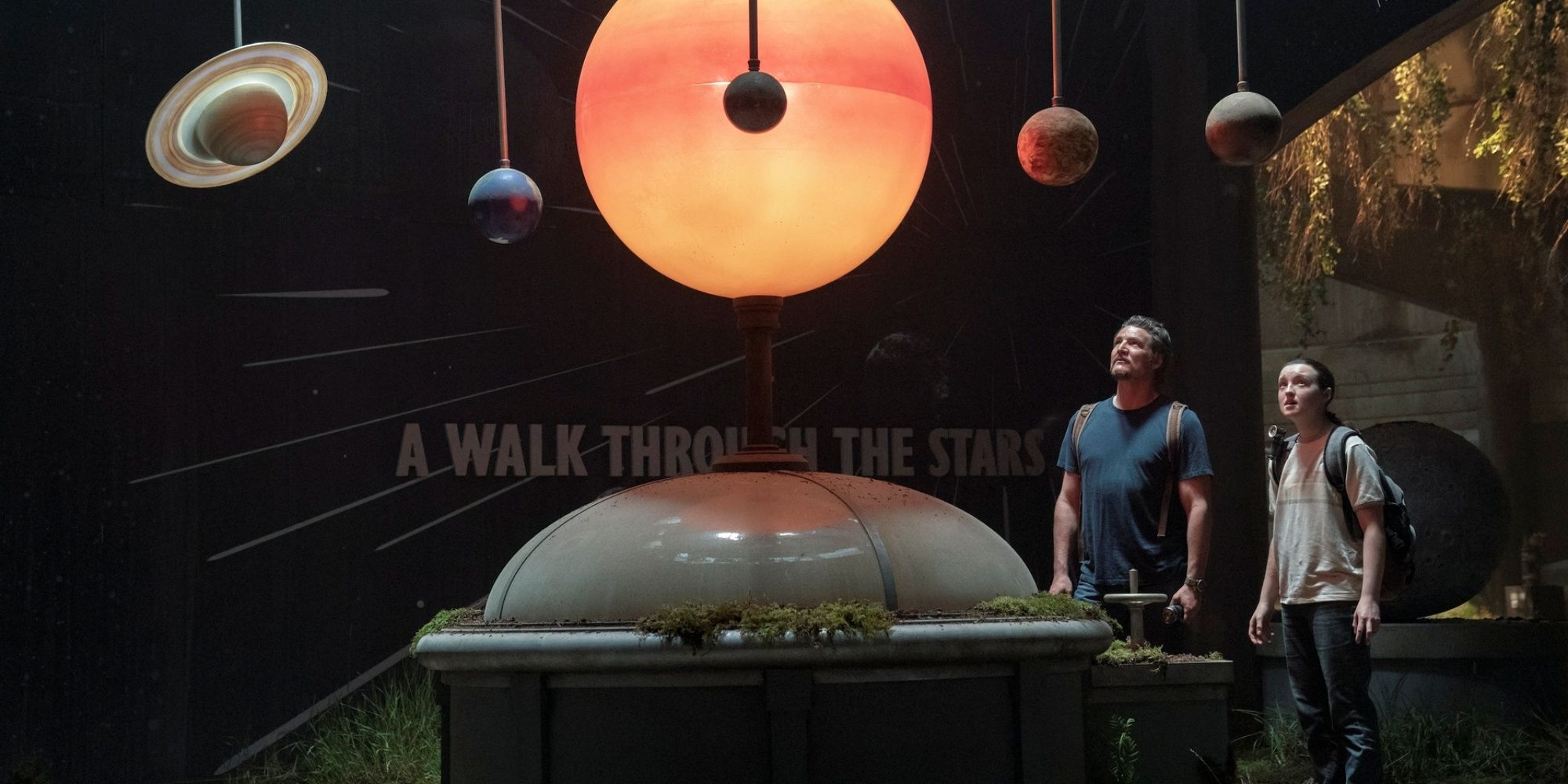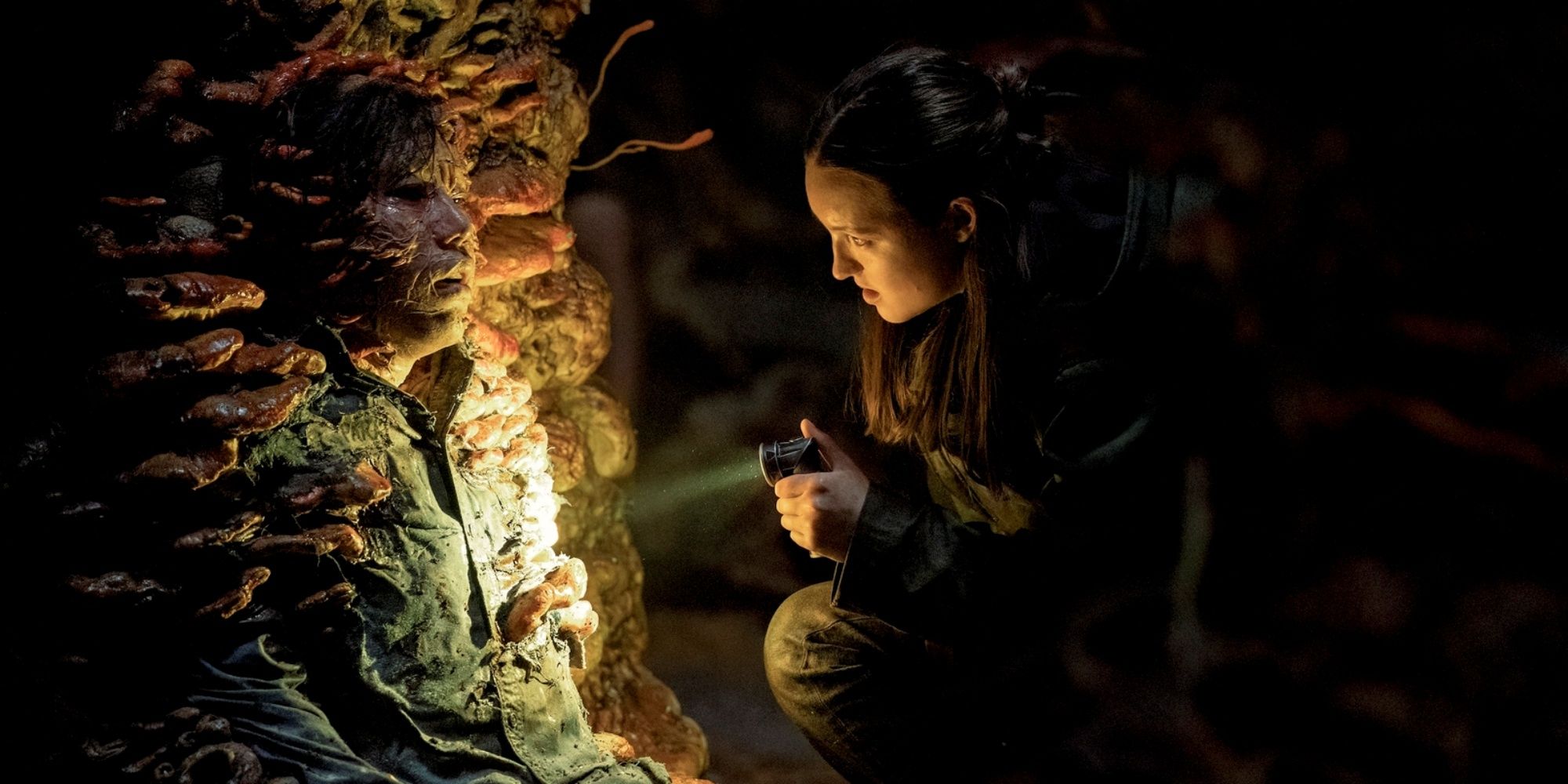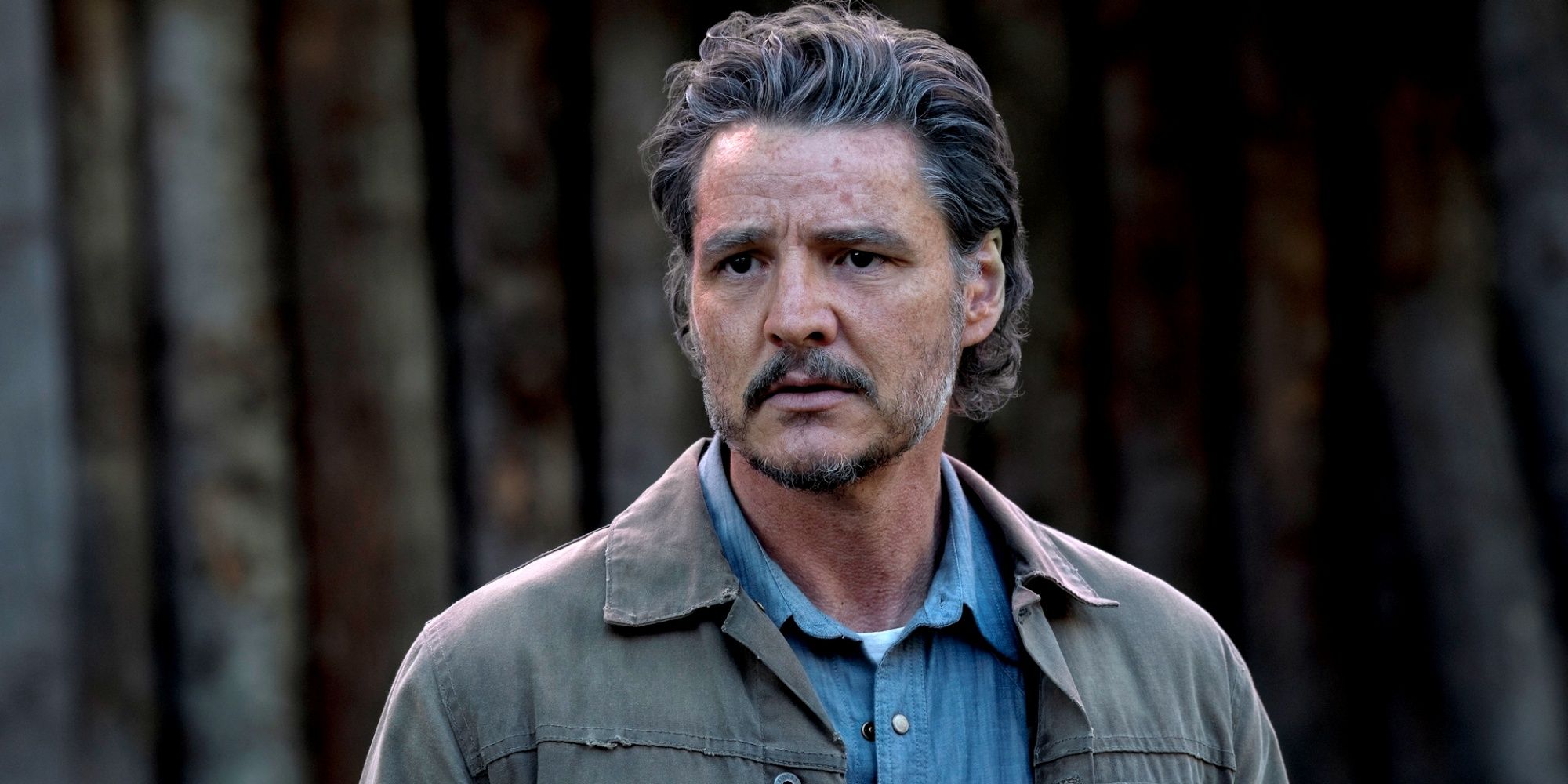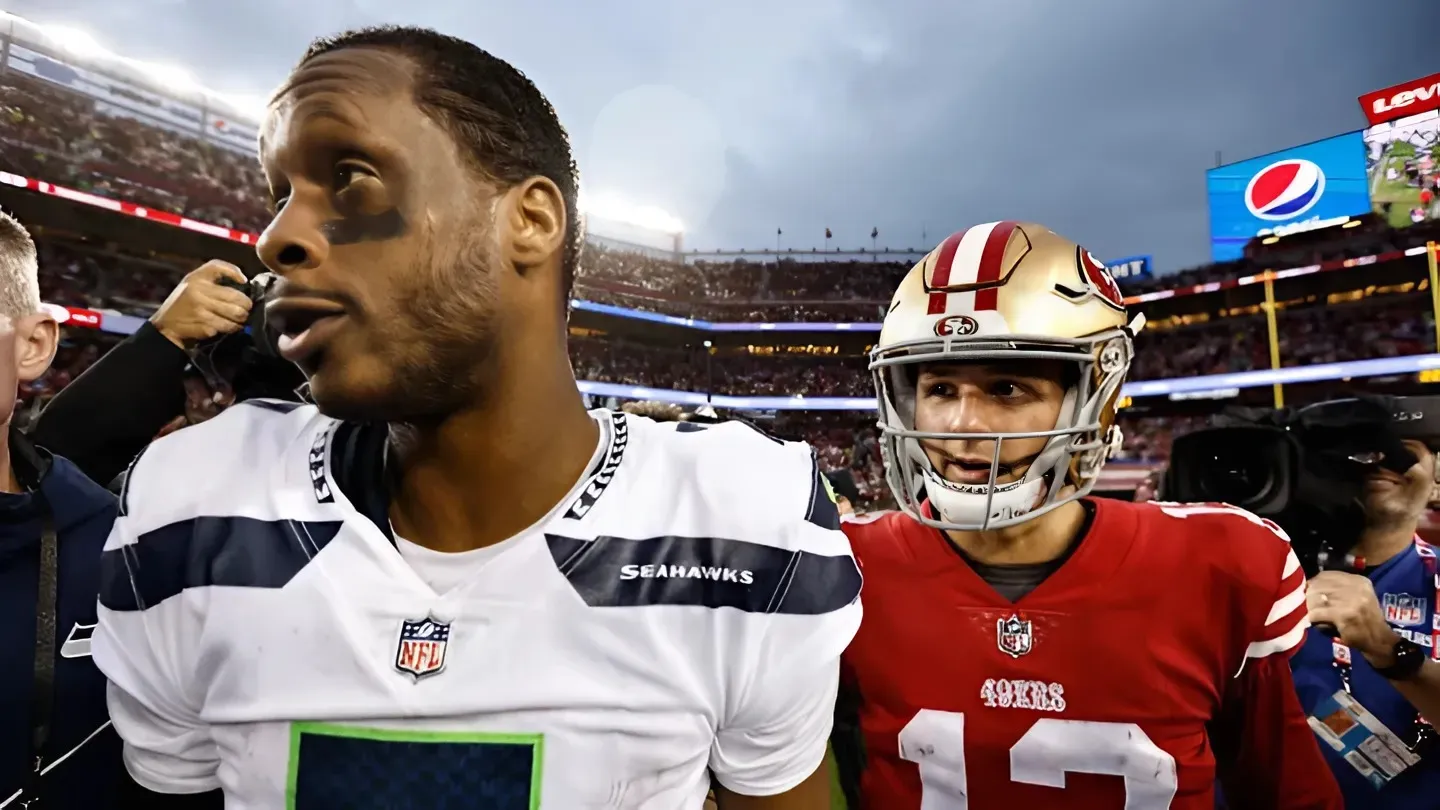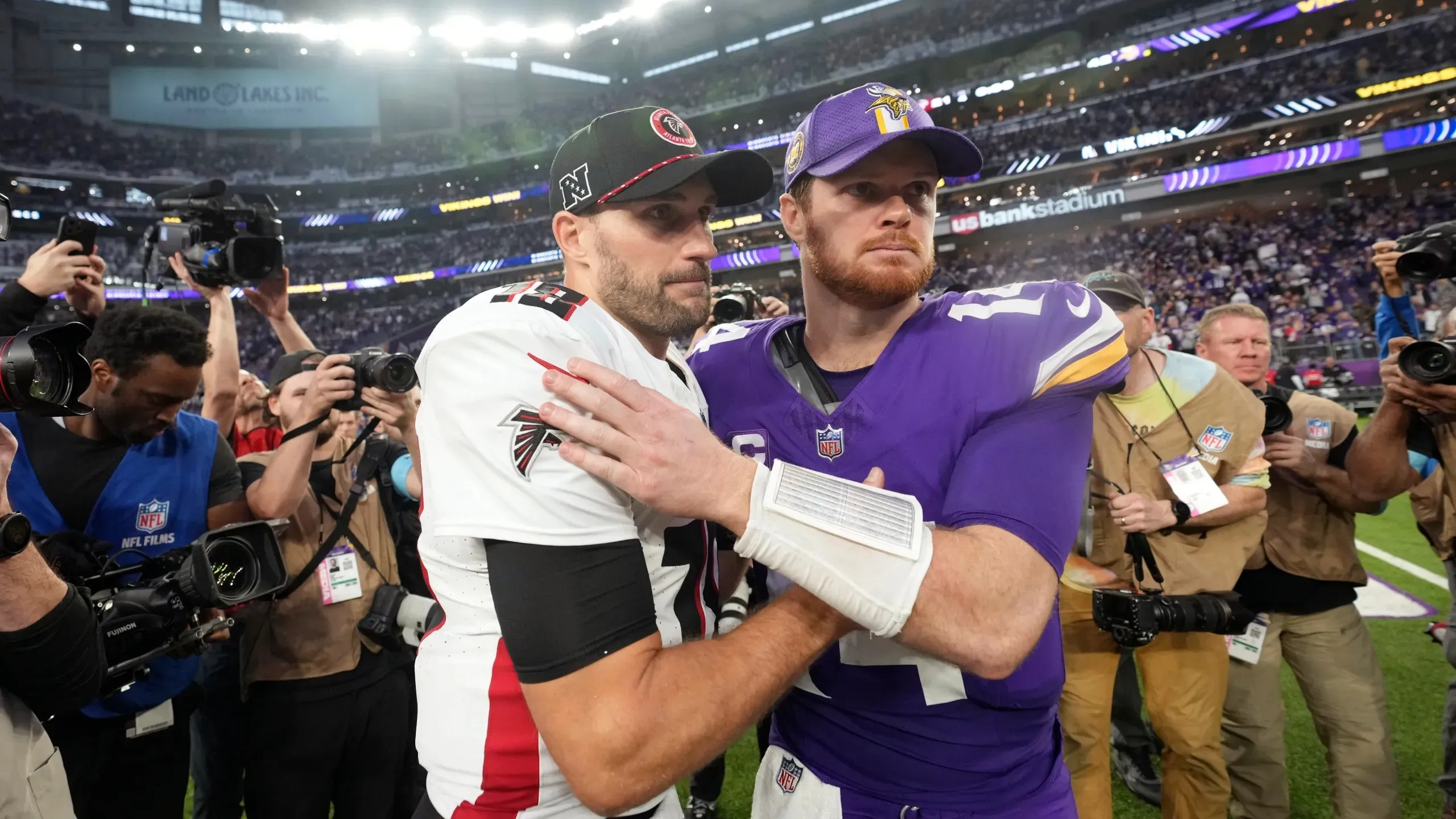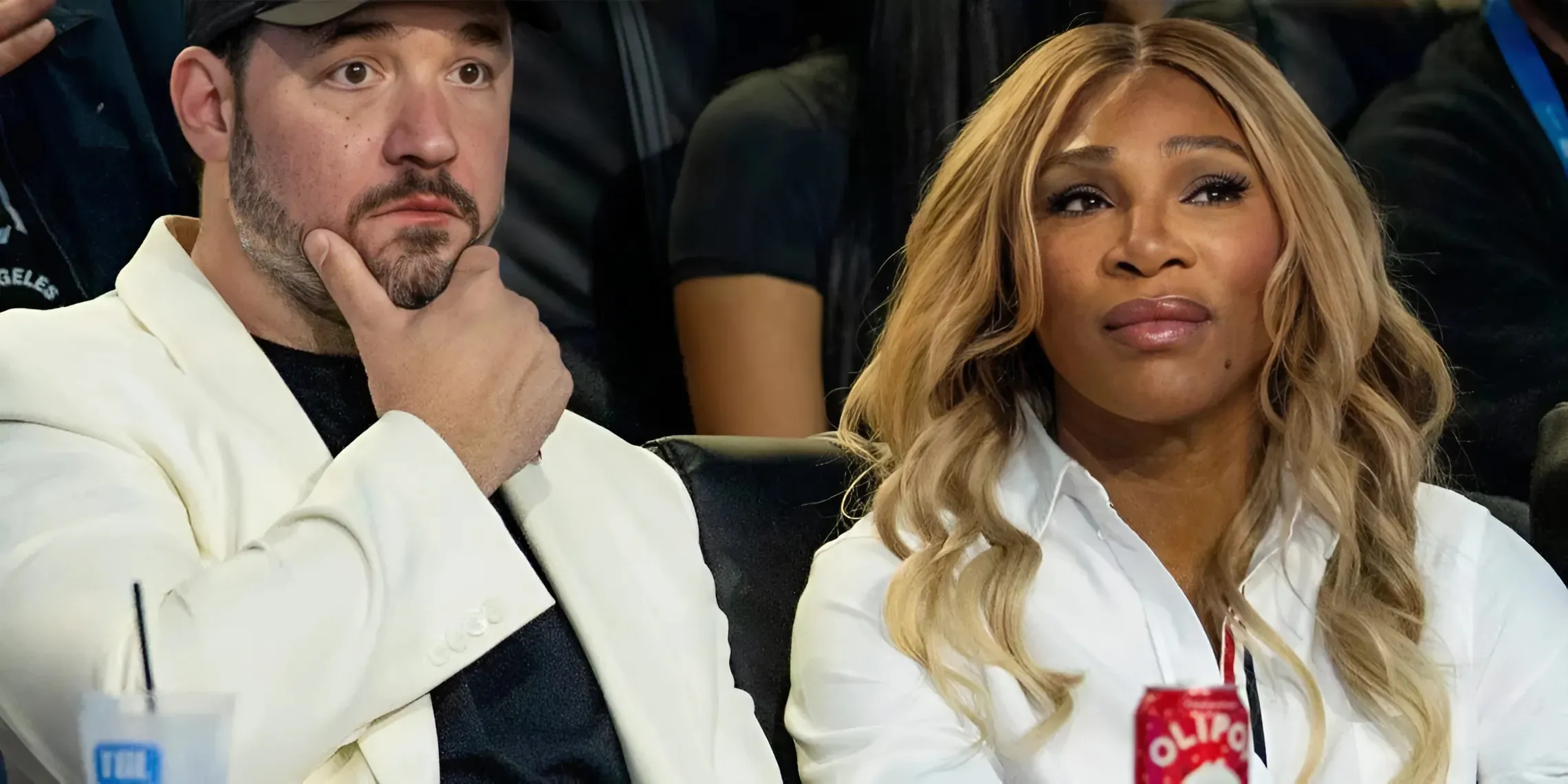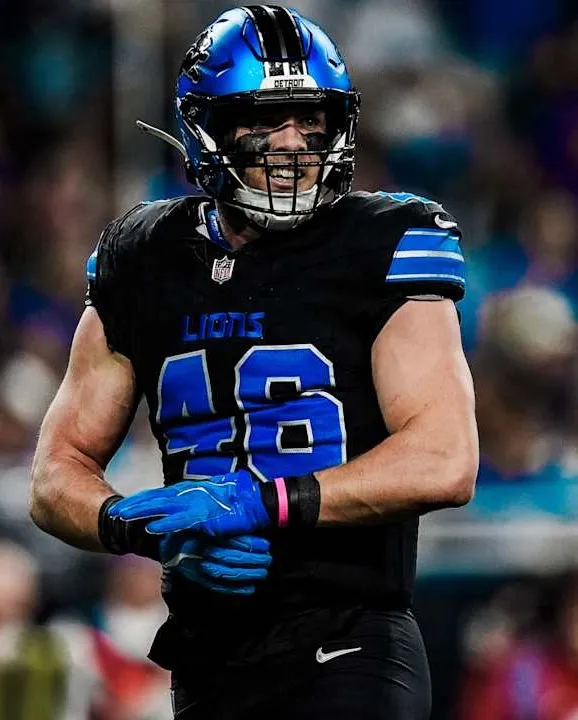Episode six of Season 2 of the HBO series The Last of Us gave viewers a glimpse into life for Ellie (Bella Ramsey) and Joel (Pedro Pascal) before Abby (Kaitlyn Dever) took out her revenge. Not only did it provide answers about the fate of Eugene (Joe Pantoliano) and why Gail (Catherine O’Hara) was justifiably upset about the death of her husband, but it served as a reminder of what made the bond between Joel and Ellie so special and why it was so heartbreaking to see it severed. While standing on the porch of their home in Jackson, Ellie pushed for the truth about what really happened with the Fireflies in the Salt Lake hospital where Joel rescued her and she finally got the answers she was seeking. It’s a moment that clearly changed their relationship, and although she wanted to forgive him, they never got the time to fully rebuild their bond.
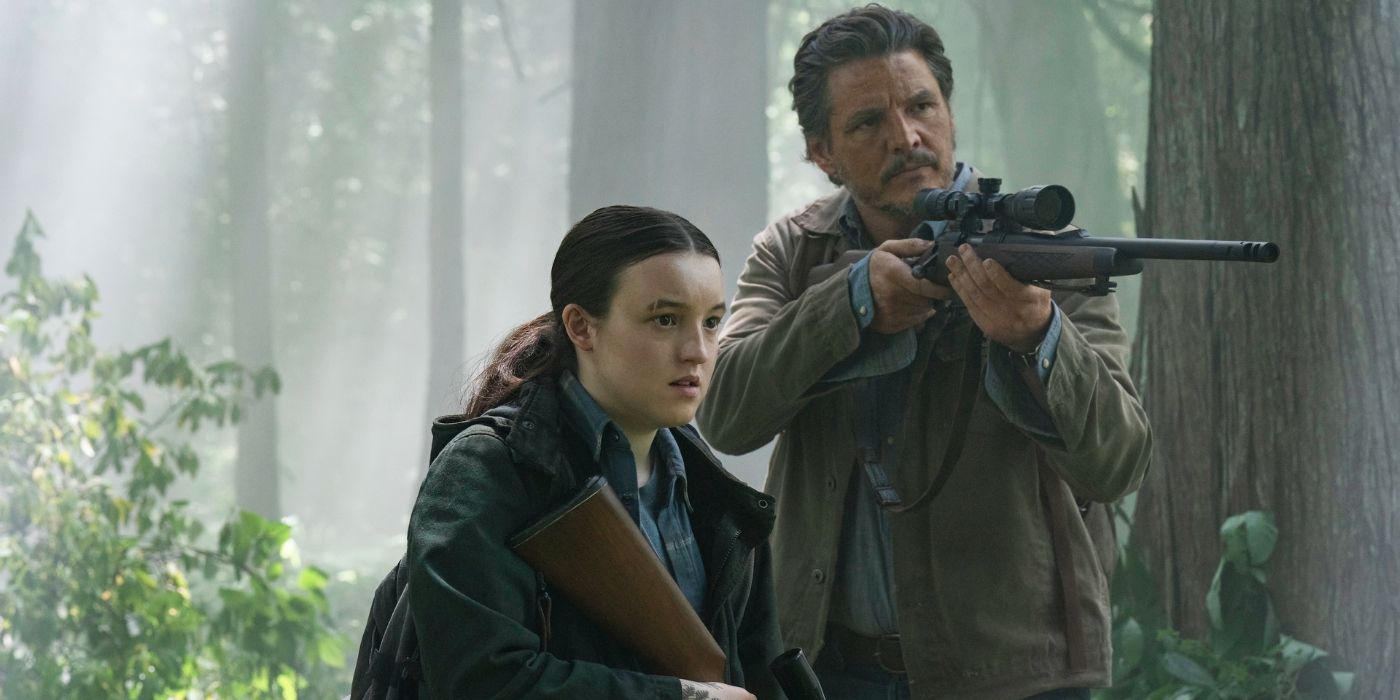
Now that you’re a couple episodes past that moment in episode two, what has most surprised you about the reaction? Were you surprised by how many people seemed to not know it was coming?
CRAIG MAZIN: Yeah, a little bit. Neil [Druckmann] and I had a lot of discussions about this because this presumption was that everybody’s going to know. A lot of people played the game, and people talk online constantly. I remember in the early days of social media, whatever the Harry Potter movie was where Dumbledore died, people would go on Twitter and tweet, “Dumbledore dies.” People are jerks. But no, I’m never surprised by how many people do know something. I’m always surprised by how many people don’t. It was incredible. There were so many people in my life who were texting me like, “What?! No!” That was surprising.
It’s even more heartbreaking because everybody loves Pedro Pascal.
MAZIN: Absolutely, which is a testament to that magical thing he has, which goes beyond just acting. There are great actors that people don’t have these deep emotional connections to. And then, there are actors that you want to take home, hug them, give them soup, and make them okay. I’m always worried about Steve Carell. It doesn’t matter what he’s doing. He can be a villain. It doesn’t matter. I’m always worried about him and I want to take him home and make him feel okay. Melissa McCarthy is like that. Zach Galifianakis has always been like that. And Pedro is the ultimate version of that. You want to take care of them.
The Creative Team Made Various Changes to 'The Last of Us' Throughout Season 2
"We have the space to let things brew a little bit more."
There have been a bunch of little changes from the game this season, whether it’s shifting who is present in certain scenes or when certain moments happen. Which change or changes were you most nervous about, and was there anything you were most excited about because it opened things up with a story or a character in a way that it hadn’t previously?
But the one that I was both nervous and excited about was the way we laid out the development of Ellie and Dina’s relationship. In the game, they get together physically before Joel dies, and Dina is not present there. It’s Tommy who’s present when Joel dies. I thought people were going to be pretty angry at me. I thought Ellie-Dina stans would be like, “What is this tent scene where they’re not kissing and they’re not together? She’s like, ‘You’re gay. I’m not.’” I was like, “I just need them to hang on for a week, and then they’ll see.”
Taking more time with the development of Ellie and Dina’s relationship means it also makes more of an impact when Ella had to tell Dina about being immune.
MAZIN: In the game, because spores had been introduced from the jump, Dina discovers Ellie is immune because Dina’s gas mask breaks and Ellie just gives her hers and says, “Don’t worry, I can breathe spores. I’m immune.” Which is shocking to Dina, but then is its own proof. There is no questioning that it’s true. It’s evidently true. Here, because we’ve been delaying the introduction of the spores, it’s not evidently true. It was a great opportunity to see what it would feel like, in that moment, to think, "I have to kill you?” Bella [Ramsey] and I talked about it and were like, “This is a classic actor ‘I want’ scene. What do you want to convince that person to not kill you?” They did such a good job of being like, “Okay, I can see how emotional Dina is. I have to be not emotional and be as rational and clear-minded and careful as I can because I’m not here to change the trajectory of our relationship. I just don’t want to be shot." I think the two of them did some incredible work there.
Did you always know that you wanted to put that little tag on the end of episode five?
That moment with Nora when she says to Ellie, “I’m sorry you saw it happen. No one should ever see something like that,” is a huge roller coaster of emotions, with her saying sorry, saying that she still hears his scream, and then says, “The little bitch got what he deserved.” That really illustrates how this world can push people to do what they have to do to survive, but how they don’t come out of it unscathed. How did you feel about that moment and the way Tati Gabrielle and Bella Ramsey brought it to life?
You really can feel, in that moment, how all those things can be true at once.
'The Last of Us' Showrunner Craig Mazin Explains Why It Was the Right Time to Introduce Spores
"If it's happening down there, at some point, it's going to happen up there."
Nora’s fate is particularly interesting because we now have these airborne spores, but that leads her to realize that because Ellie is not being affected by them, that immune girl she heard about is actually real. What was it like to figure out how best to introduce airborne spores?
MAZIN: Our whole thing about the spores is that we thought, when we do them, we want to do them because they need to happen with the way the story is functioning. There is this notion of descent and what is lurking beneath as we go deeper down. They mention B1, B2, and B3. We never hear about B3, so maybe we’ll find out what’s down there next season, but B2 is really bad. It was important to show the spores. We think of Cordyceps as villainous because it takes us over and makes us do stuff. It can do worse than that. It can keep you alive just to breathe spores out. There’s a sense of, “Okay, if it’s happening down there, at some point, it’s going to happen up there. And when it happens up there, it’s over.” The idea of just being an incubator for your enemies is horrifying to me. It’s very visceral and classic. It’s going to go great. But also, it was a way for Nora to realize instantly, just like how Dina realized instantly in the game, who Ellie is.
There’s the moment in episode six when Ellie decides to call Joel out with Gail about what happened to Eugene. There are so many things going on there because Joel understands that maybe you should help someone feel better about what happened to someone that they lost and couldn’t do anything about losing. But then, Ellie essentially calls him a liar, which hurts Gail and Joel and everybody. Does she do that out of anger? Is she just young? How did you see that moment?
'The Last of Us' Showrunner Craig Mazin Says Joel and Ellie's Porch Conversation Had One Magical Take
"He understands that he has to say it at the cost of losing her."
There’s also the moment with Joel and Ellie on the porch, after she knows what happened and they’re both looking at each other and tears are coming down their faces. Ellie says that she doesn’t think she can forgive him, but she’d like to try. How did you feel about that moment? Are you someone who gets as emotional as we do, watching things? What was it like to see what the actors gave to a moment like that?
MAZIN: When I was writing that scene, it was an interesting blend of game and new. In the game version of it, there is this other aspect where she’s asking him these questions and forcing him, crime by crime, to say he did it, one after another. Were there other immune people? Could they have made a cure? Did you kill all the people? Did you kill Marlene? And he has to say yes to all of it. This goes back to episode one and this is why we have to plan everything before I start writing. What does Gail tell him? “You can’t heal something unless you’re brave enough to say it out loud.” She says the thing that she’s scared of and says, “There it’s in the air. I can’t take it back, but maybe now there’s a chance that you and I can make things right.”
It was hard because Bella and Pedro are so close and had become so good at taking care of each other. It’s a hard shoot. It’s a long shoot. Both seasons were. There’s a lot of emotionally demanding work, but really what it comes down to is just a lot of days and time. You spend so much time with somebody, and they just came to rely upon each other and love each other. When you can feel goodbye coming, it just starts to get into your bones. These shows don’t come along very often. This kind of experience doesn’t come along very often. Sometimes it catches you when you’re in your 40s, and sometimes it catches you when you’re a teenager. It’s hard to say how the world works, but for the two of them, they have lived through this pretty crazy cultural moment with this show, and you could feel it.
MAZIN: We always think ahead. We thought ahead to Season 3 and Season 4, to try to get as much visibility as we can, so that we don’t end up in a situation where we’re sitting down and getting into details for a season and then going, “Oh, man, if only we hadn’t had that person say that one line or be in that spot or wear that jacket, this would be so much cooler.” So, we really do try to think things through fundamentally. The challenge for our first season was, how do we tell this big story in a way that’s complete and doable within an amount of time and with the budget we have? And with this season, it was, “Okay, this source material goes way beyond one season.”
Now, we’re actually in more of a traditional cliffhangery mode, where you’re telling a story, and then you end the season with something that says, “Whoa, this is going to change a whole bunch of things, and we’ll see you when we get back and pick it up from there.” We ask ourselves a lot of questions and we think about what we ought to do when we think about what the narrative that exists affords us and that we should do. I’m always thinking about, what are the things that only The Last of Us does? Let’s do those as much as we can. And then, you go for it and you make your decisions and mostly just try as best as you can to think about the audience experience and how they’re going to feel when they arrive at the end of something. Hopefully, we set them up to want to return when we come back for the next run.
'The Last of Us' Showrunner Craig Mazin Believes They'll Need a Season 4 to Finish Telling the Story
"Hopefully, we'll earn our keep enough to come back and finish it in a fourth."
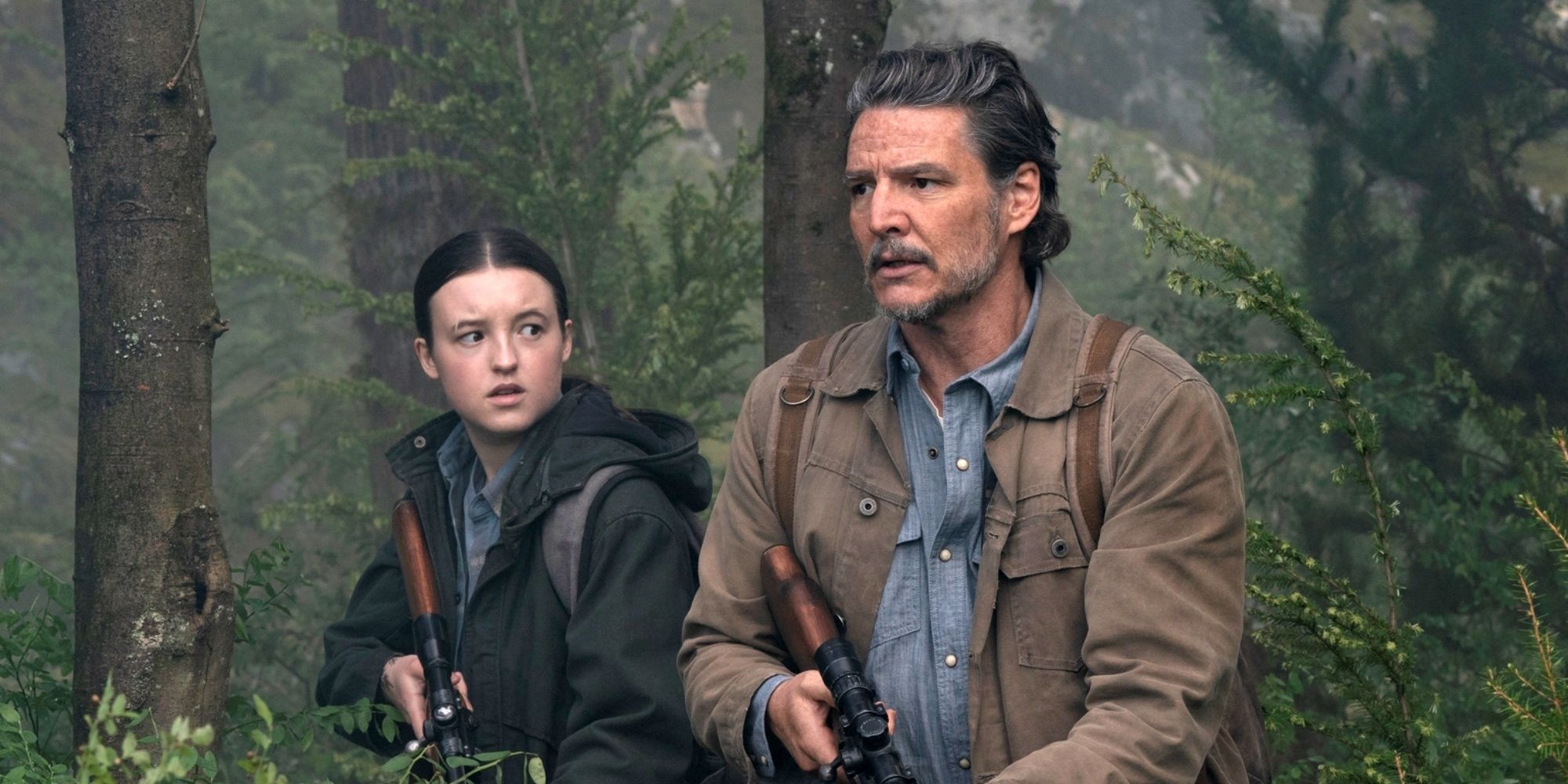
After seeing the way that the story was laid out this season, it feels like if you do another season of seven or eight episodes, you would definitely need a Season 4 to wrap things up in some way. Otherwise, you’d have to have a much longer Season 3.
MAZIN: Yeah, and it would take forever. There are natural perforations in the narrative where you can go, “Okay, let’s tear it here.” I think there’s a decent chance that Season 3 will be longer than Season 2, just because the manner of that narrative and the opportunities it affords us are a little different. The thing about Joel’s death is that it’s so impactful. It’s such a narrative nuclear bomb that it’s hard to wander away from it. We can’t really take a break and move off to the side and do a Bill and Frank story. I’m not sure that will necessarily be true for Season 3. I think we’ll have a little more room there. But certainly, there’s no way to complete this narrative in a third season. Hopefully, we’ll earn our keep enough to come back and finish it in a fourth. That’s the most likely outcome.
You’ve given us these little bits of the W.L.F. and the Seraphites, and it feels like there is so much more there.
